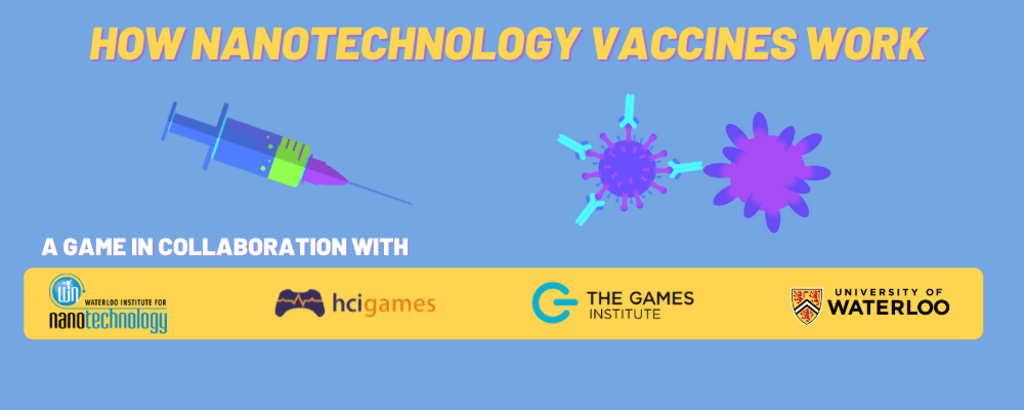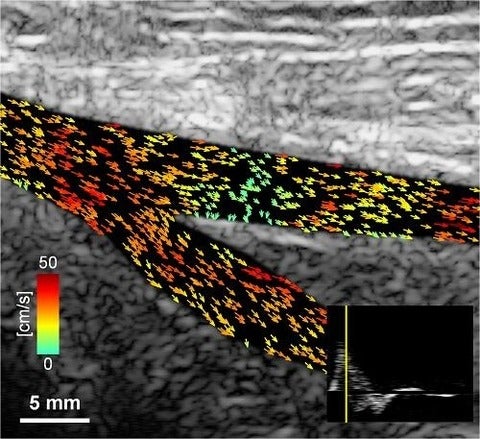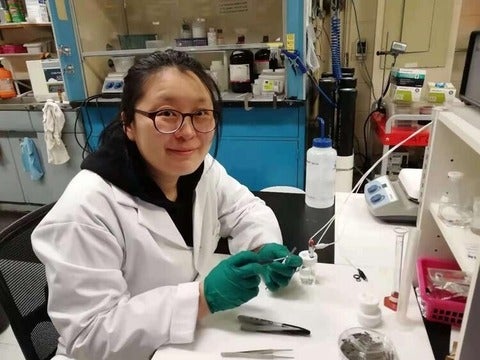Vaccine Interactive Game
Partnership with Games Institute, Human Computer Interaction (HCI) Games group and WIN
The Waterloo Insitute partnered with the Games Institute and Human Computer Interaction (HCI) Games group to create a game to explain how nanotechnology vaccines work.
This game explains how the Covid 19 virus is transmitted and how vaccines that have been created work to combat the SARS-CoV-2 virus that causes Covid 19.







